Articles
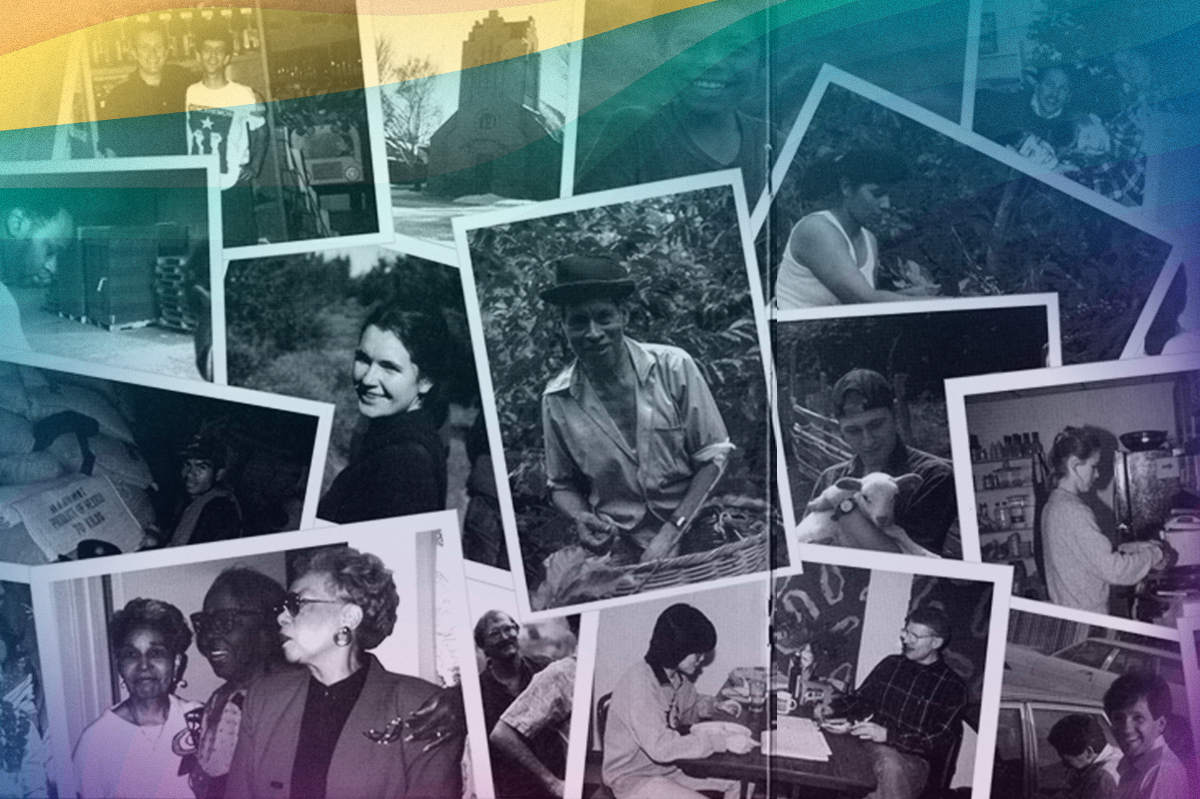
May Day Reflections: Building a Democratic Workplace
As we celebrate our 36th anniversary on May 1, we reflect not only on our own worker-owned cooperative and co-op trade partners but also on the history of May Day. Also known as International Workers’ Day, this is a day to celebrate and strengthen the ongoing struggle for labor justice and dignity for workers around the world.
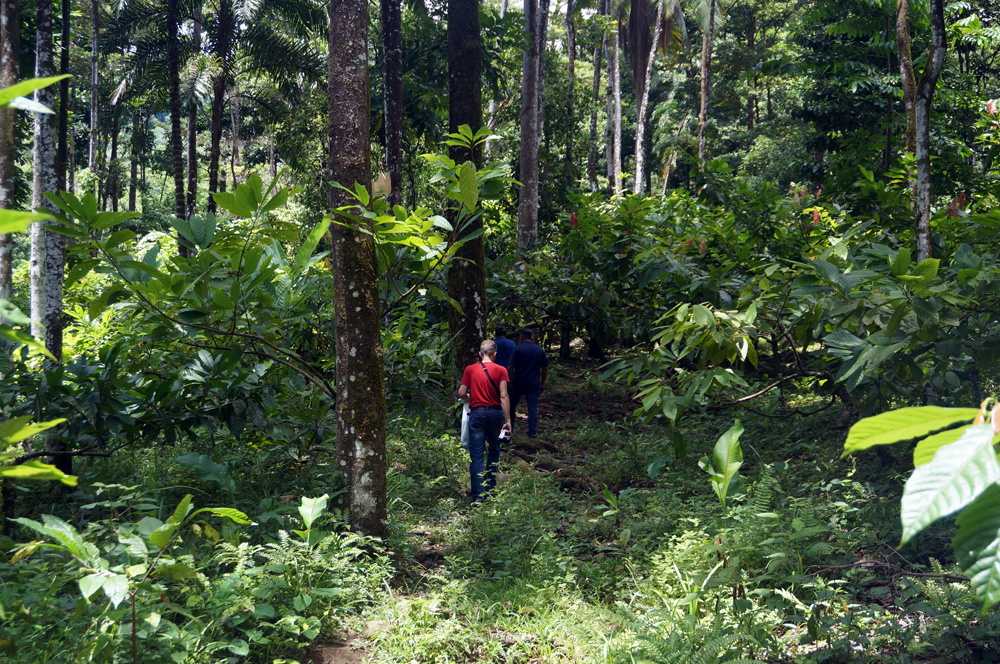
Investing in Our Planet With Organic Cacao Farming
This year’s global Earth Day theme is “Invest in Our Planet.” We’ve been investing in our future by supporting organic agriculture for over 35 years. But what does organic agriculture actually mean for farmers and the planet?
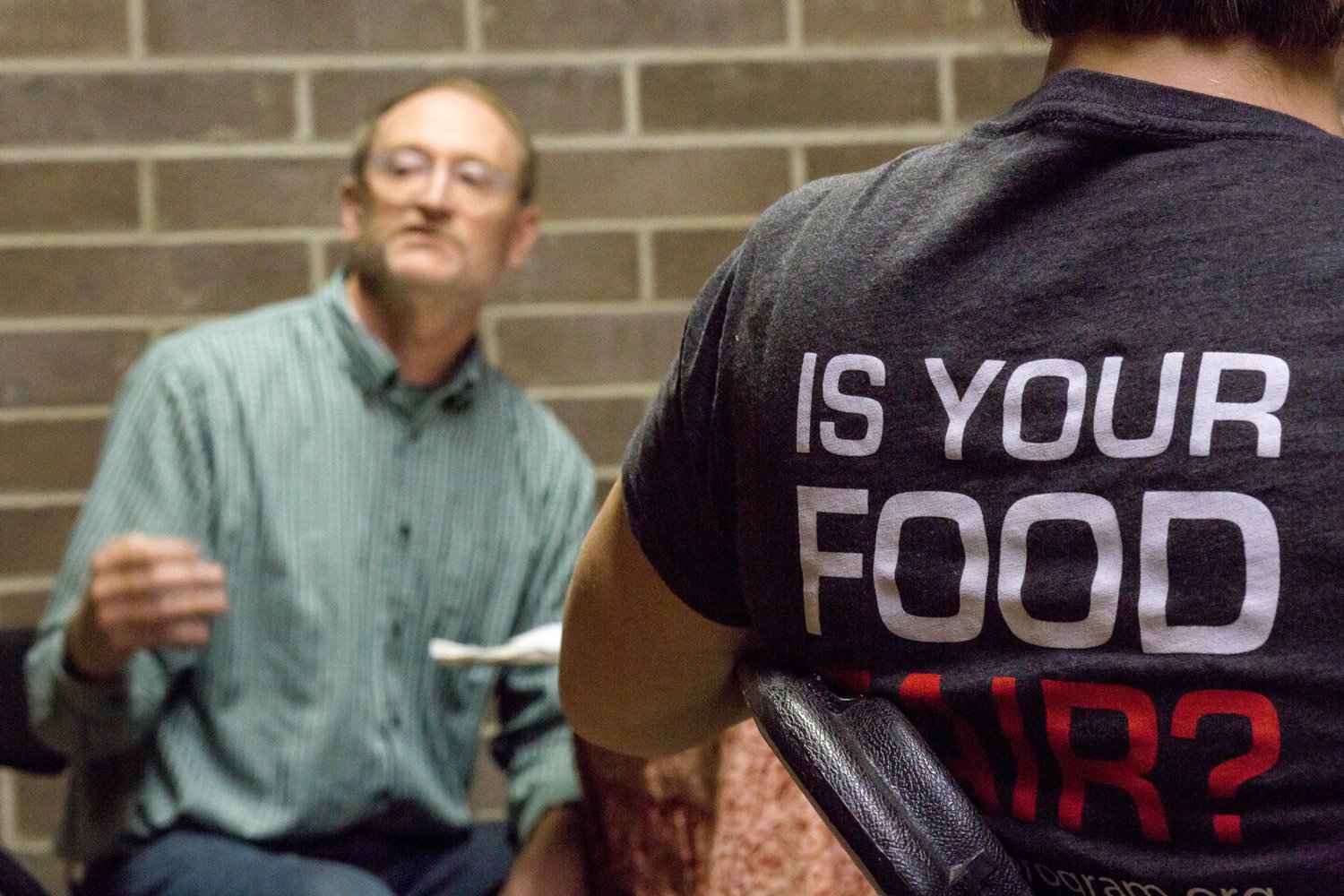
Equal Exchange’s Radical Model: Building Democratic Trade Networks in Contrast to Conventional Supply Chains
In the early years it was very clear that Equal Exchange was radically different and breaking many of the “rules” of the market. During this time fair trade or alternative trade was barely known so by definition, it was different because there were no alternatives.
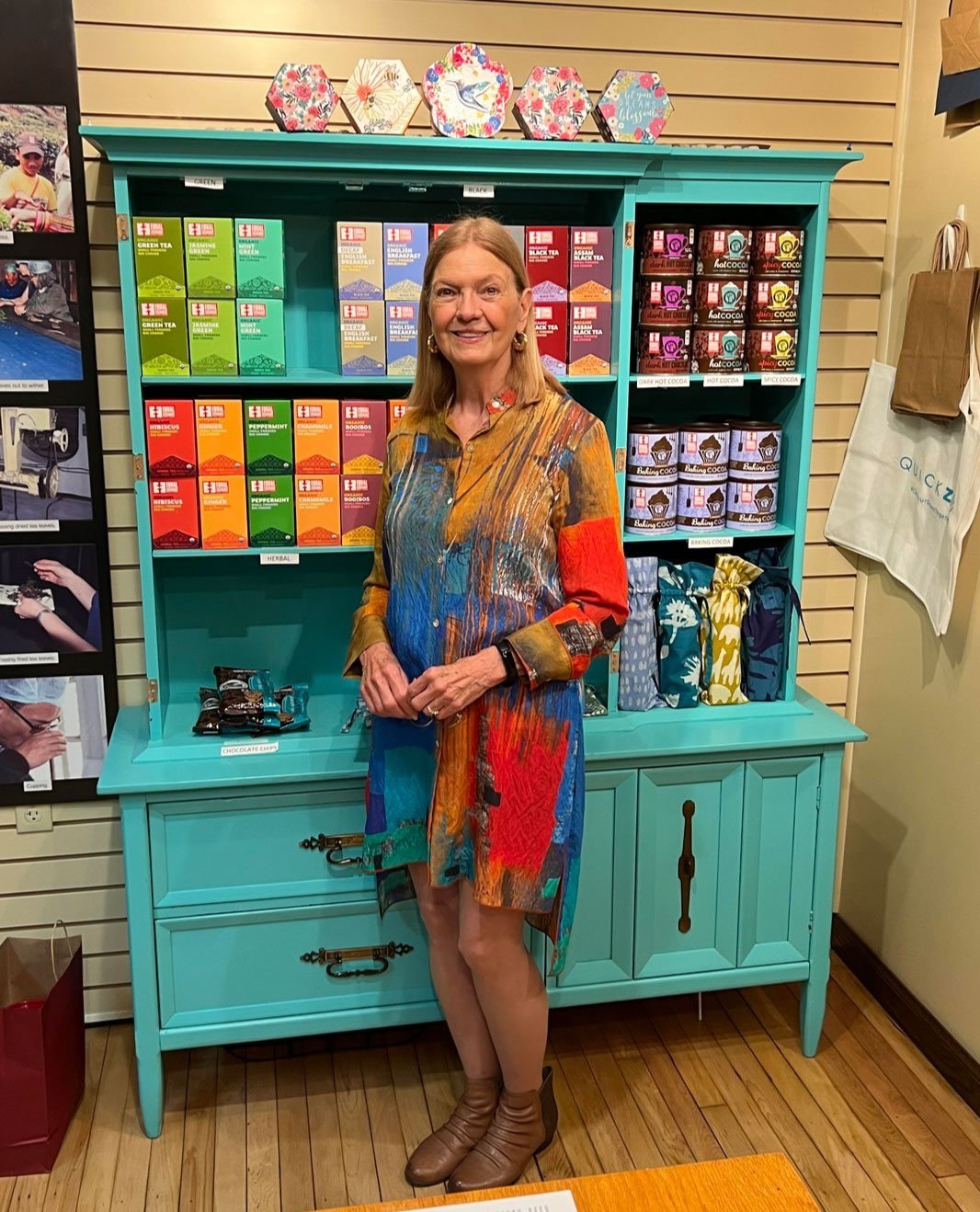
Extraordinary Coordinator: Linda Elliott
Linda Elliott of First Presbyterian in Charleston, West Virginia, first read about Equal Exchange 22 years ago at a meeting of Presbyterian Women (USA). She found the concept of fair trade, justice, equality, and fairness for farmers working in small organic co-ops in the global south to be extremely compelling.
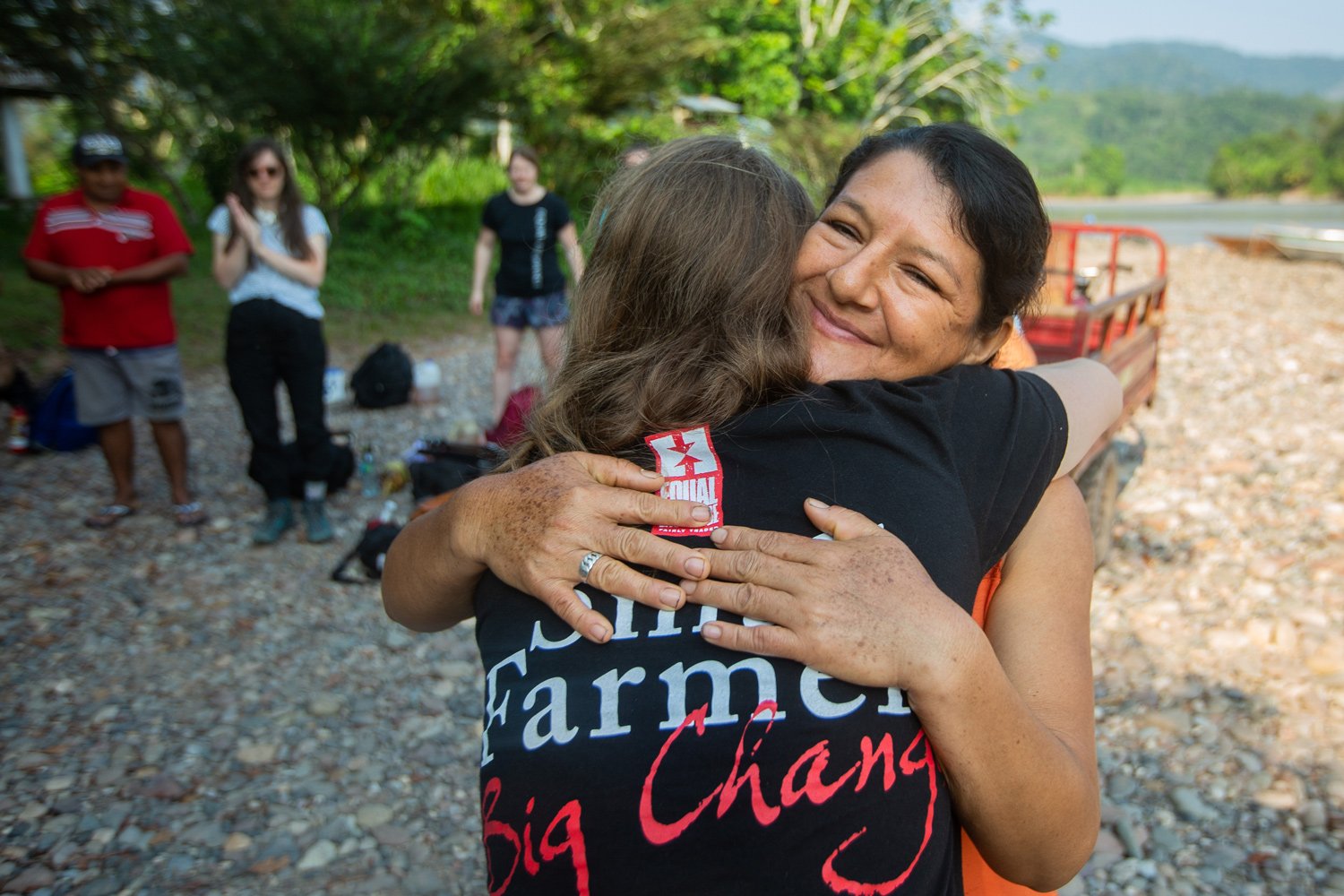
Relationships in the Time of COVID
Despite the extra layer of stresses and worries the pandemic is causing, we at Equal Exchange are also feeling a depth of gratitude and affection for the myriad relationships that we have cultivated over these past four decades. Creating, maintaining, and deepening relationships are the pillars that our organization and our business model are built upon.
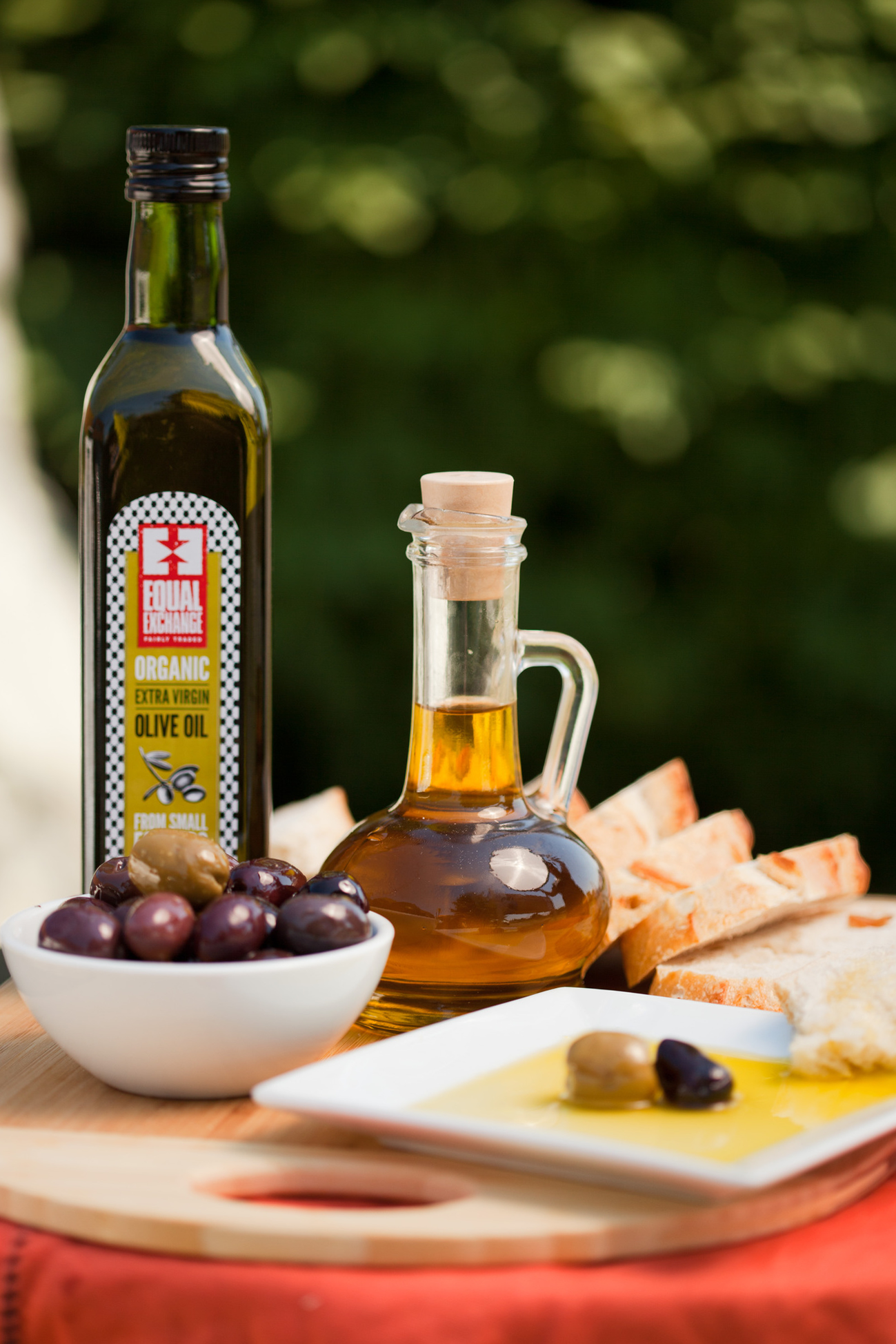
Palestinian Olive Oil and Dates
Learn more about Palestinian olive oil and dates from the Palestinian Agricultural Relief Committee.
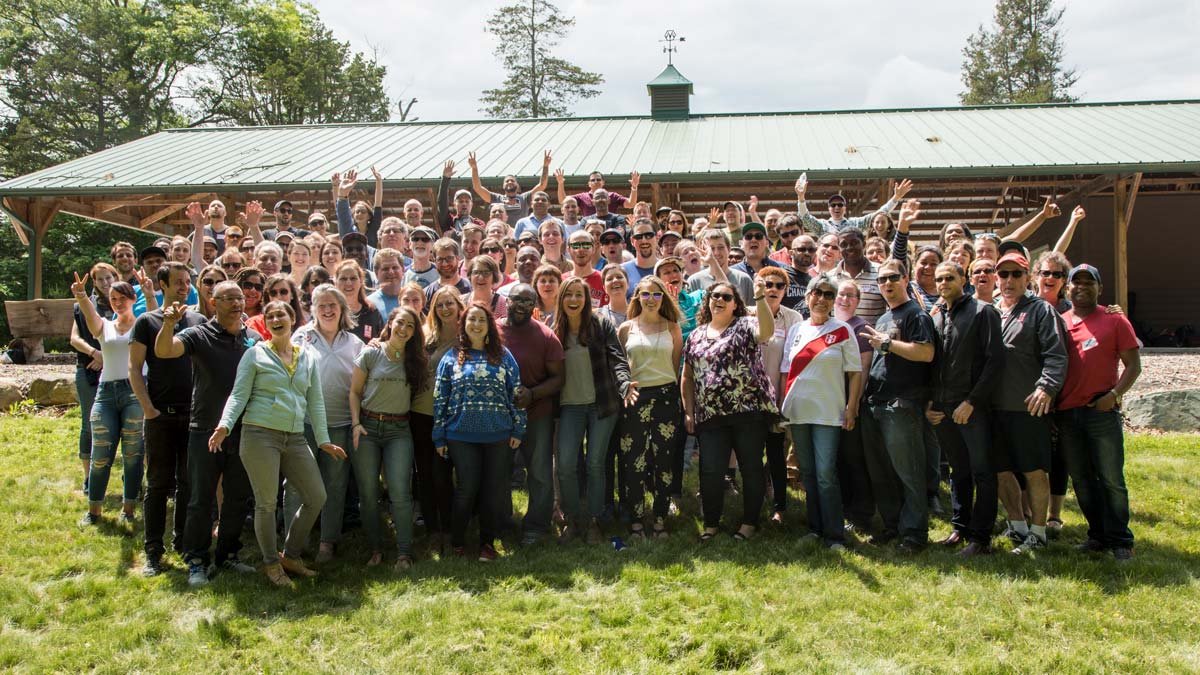
Our Worker-Owned Cooperative
At Equal Exchange we all walk around like we own the place. That's because we all do! We have organized ourselves as a democratic worker co-operative, now one of the largest in the country. But what does that mean?
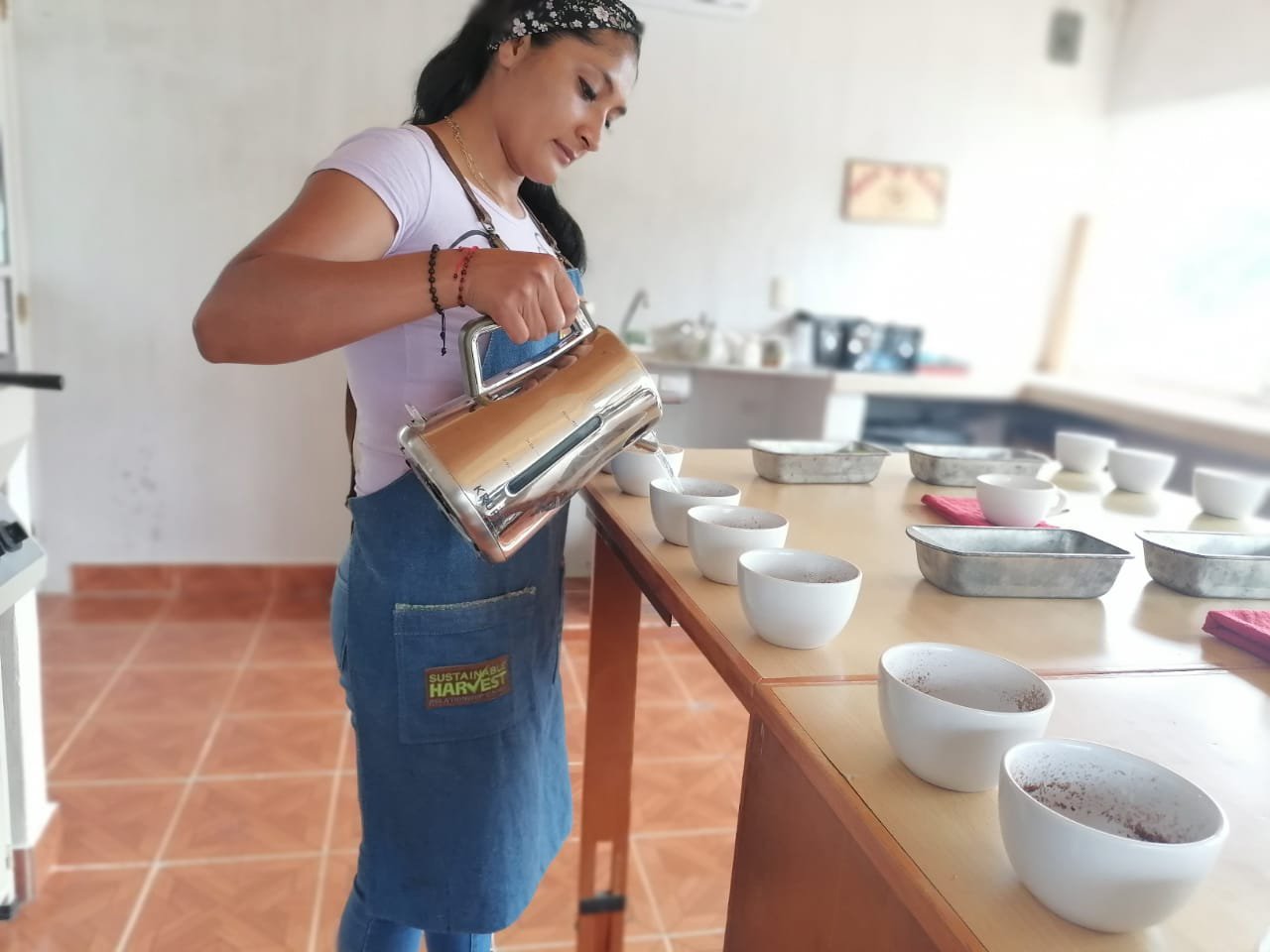
Women in Coffee
At Equal Exchange, we advocate for increased gender equality at every stage of the supply chain. We salute our sisters around the world who work as agronomists and cuppers. We cheer those who take on leadership roles in their co-ops. And we appreciate our women co-workers in the U.S.

A Farmer-Led Future for Tea
Did you know that tea is the second most popular drink in the world—second only to water? Here’s another question: do you know that, even today, it is likely that the tea products lining your grocery store’s shelves—even those sold as Fair Trade—were sourced from plantations established under colonialism?
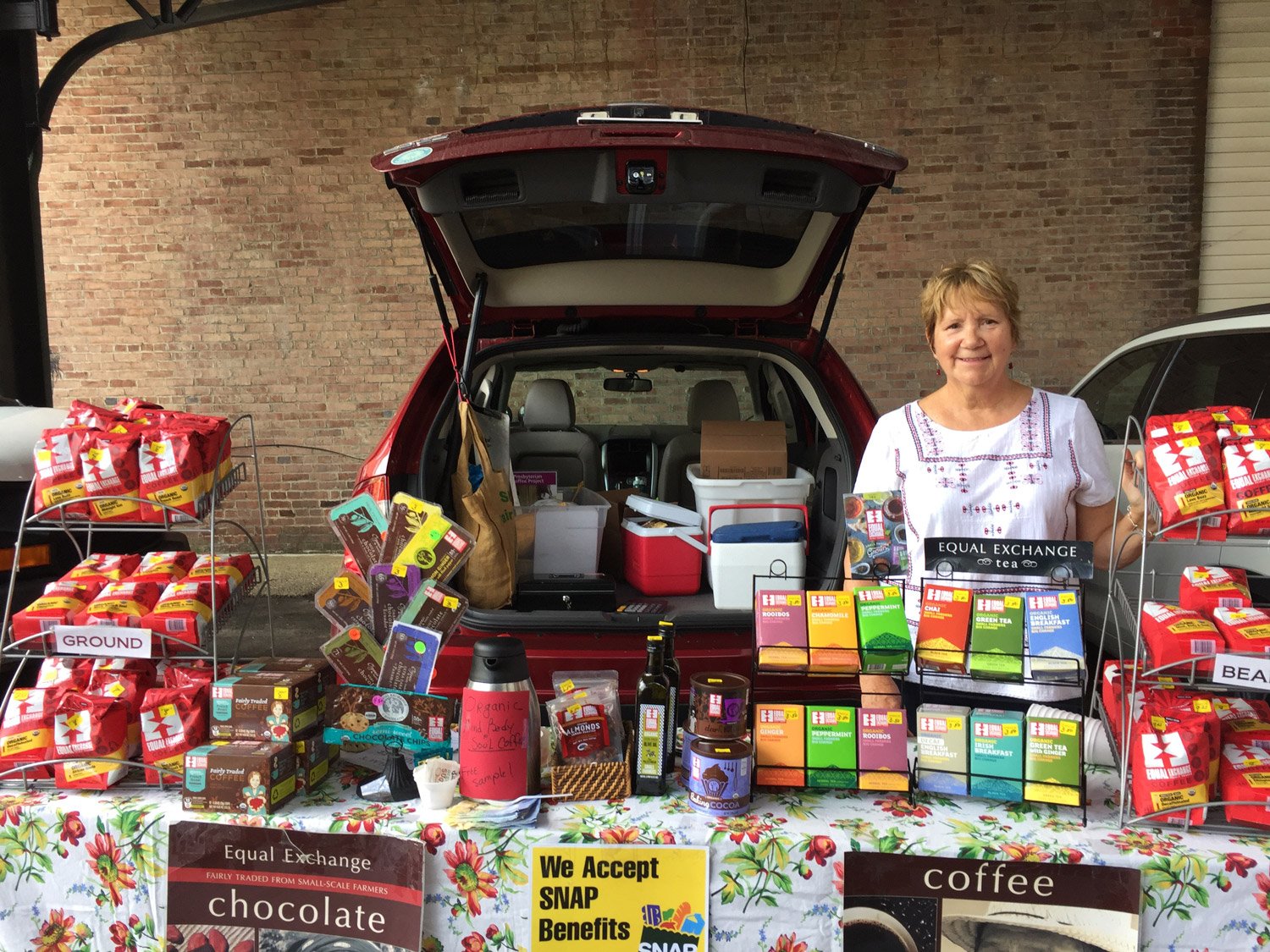
Bring Fair Trade to Your Farmers Market
Because coffee, tea, and cacao aren’t grown in most places in the U.S., many local farmers markets allow folks to sell these items at booths, especially when they’re fairly traded and organic.
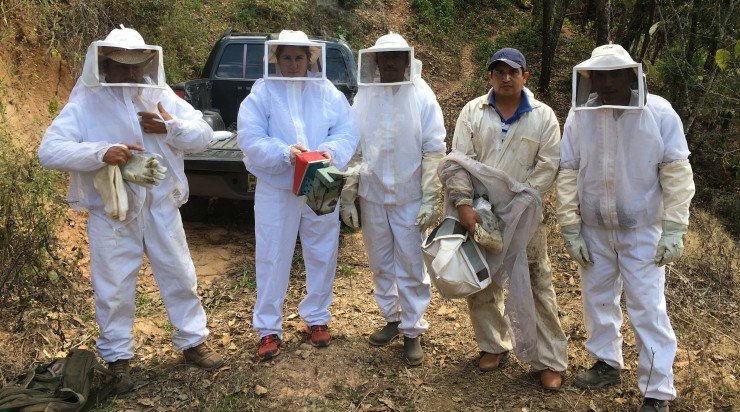
Equal Exchange Donor Advised Fund
We must complement our commercial work with collaborative development work, so we established a Donor Advised Fund (DAF) with RSF Social Finance to support organizational development, technical assistance to farmers, income diversification, and gender equity projects with a core group of six producer partners.
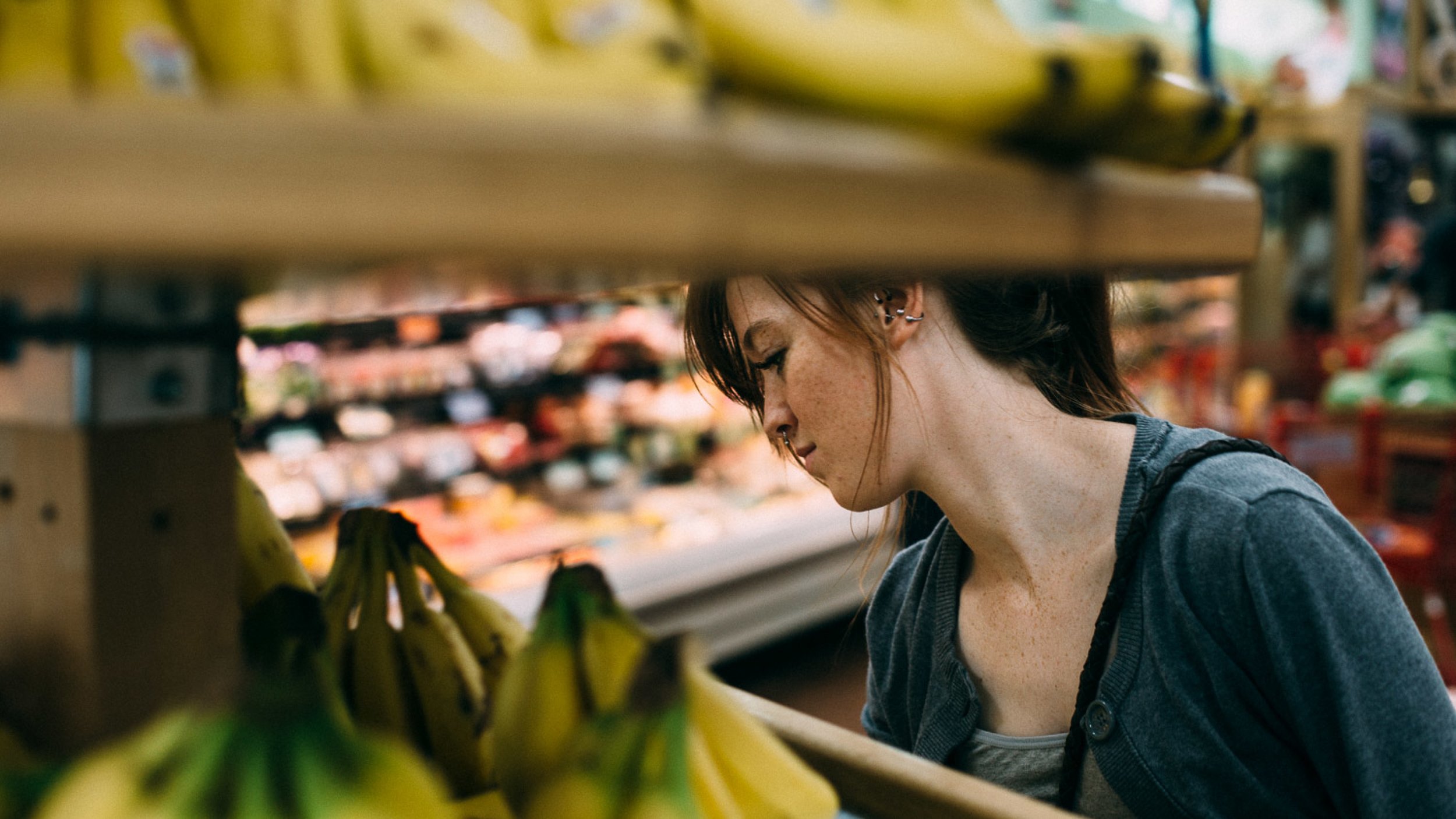
The Citizen-Consumer Dilemma: Part One
What are the high-level problems that we face as consumers, citizens and activists working within the U.S. and the global food marketplace?
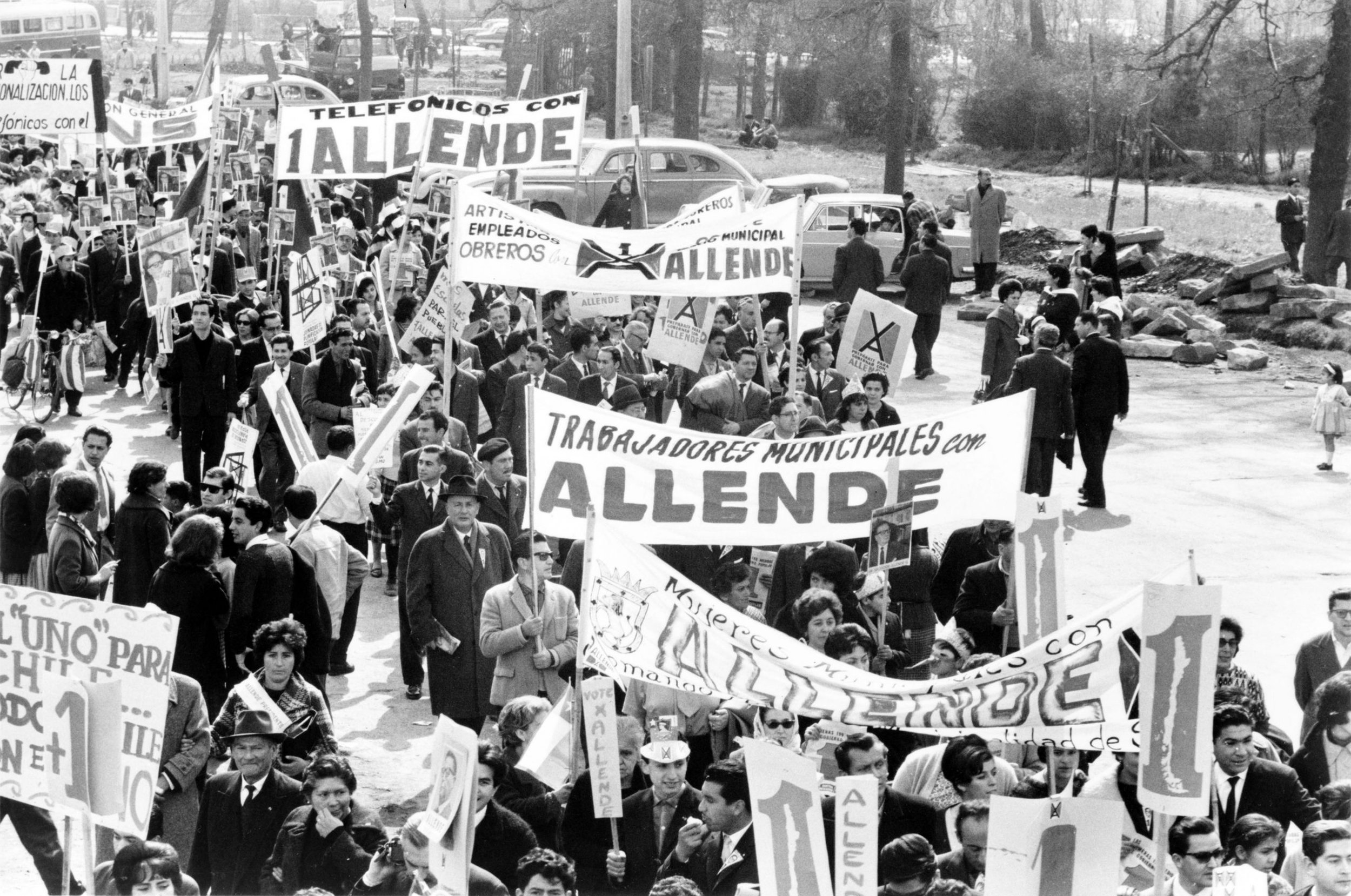
Worker Co-ops: Solving Societal Problems
Five years ago Equal Exchange started our Citizen-Consumer work to invite our supporters more deeply into our model, to build a community that is working toward a better food system, and to further develop our democratic brand. Read one of the many stories that Sue could tell you about her life as an activist and how her heart came to be touched by the work of Equal Exchange.

Scott G: Equal Exchange Advocate Extraordinaire
Sometimes there is a faith-based advocate for Equal Exchange who works outside of the direct church or synagogue environment. This is the case of Scott G. who sells products to assist small farmers out of his office.
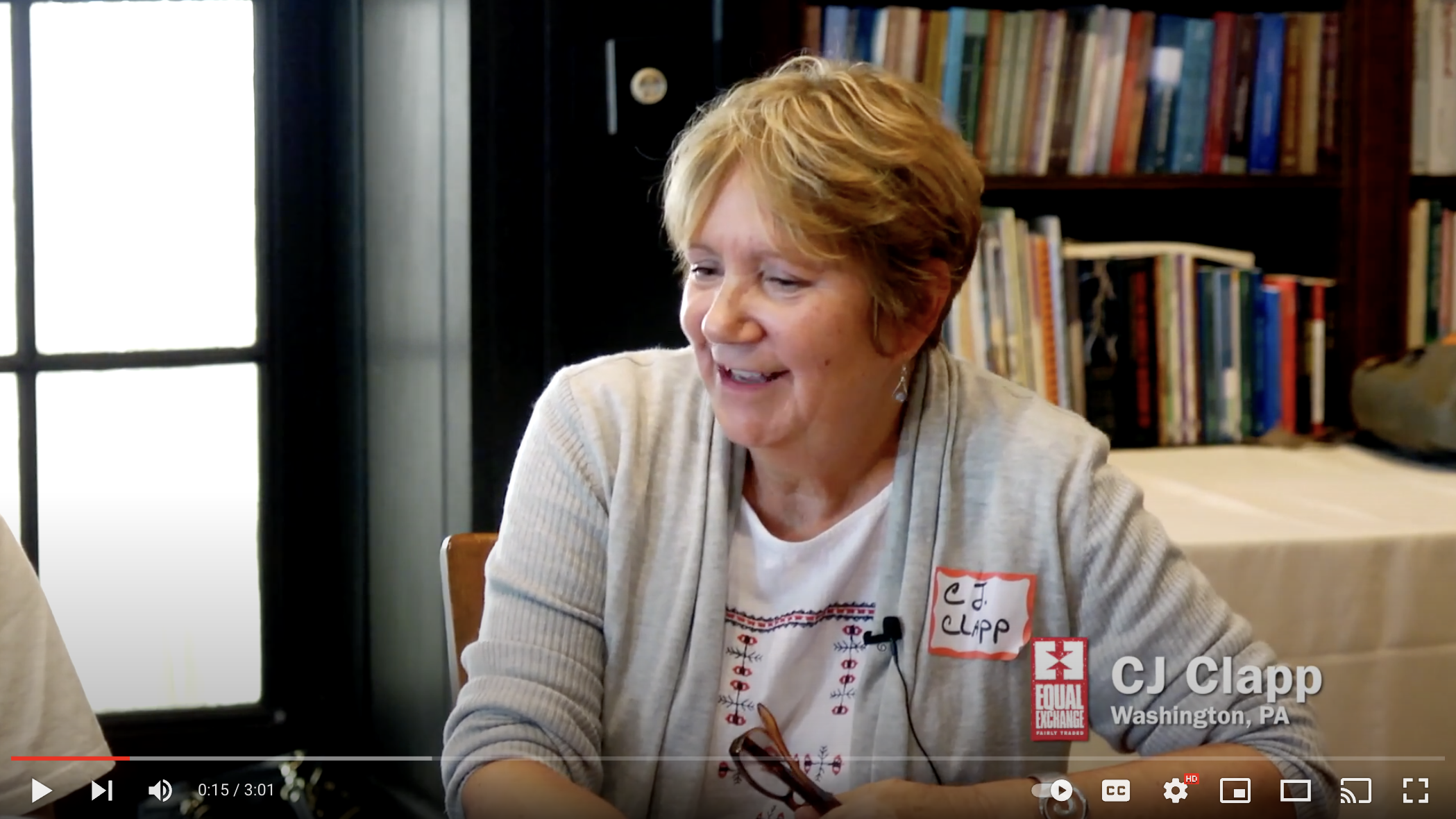
Encourage a Switch to Equal Exchange
You believe in paying fair prices to the farmers who produce your food. You support organic agriculture and sustainability. You want to contribute to an independent and transparent food system, but how do you get others to understand the issues and take action towards food justice?
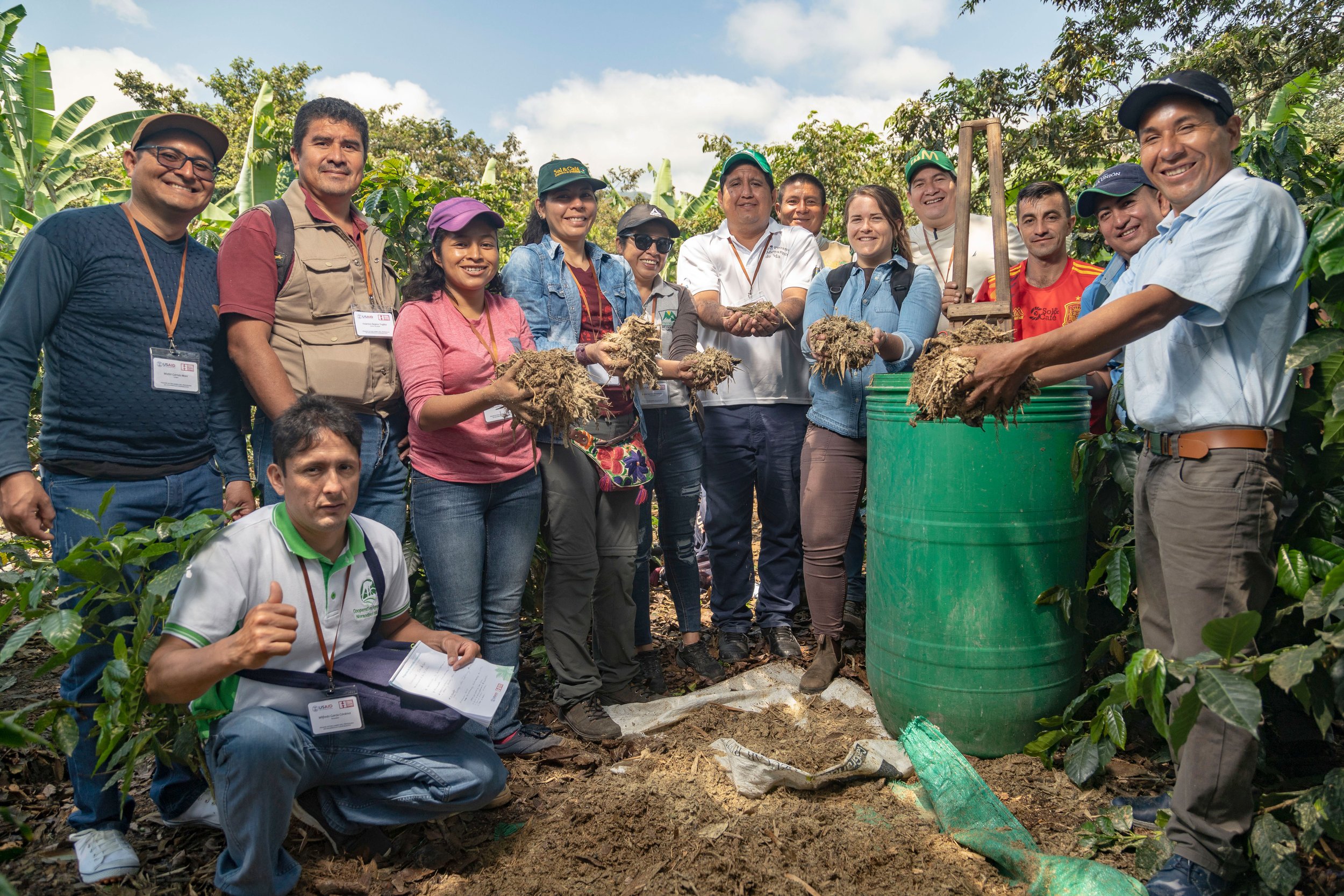
USAID Cooperative Development Program
Equal Exchange began this project in 2010 with the goal of strengthening its supply chain partners and engaging with them in new and innovative ways, focusing on cooperative improvements in productivity levels, quality and capitalization through member education and equity.
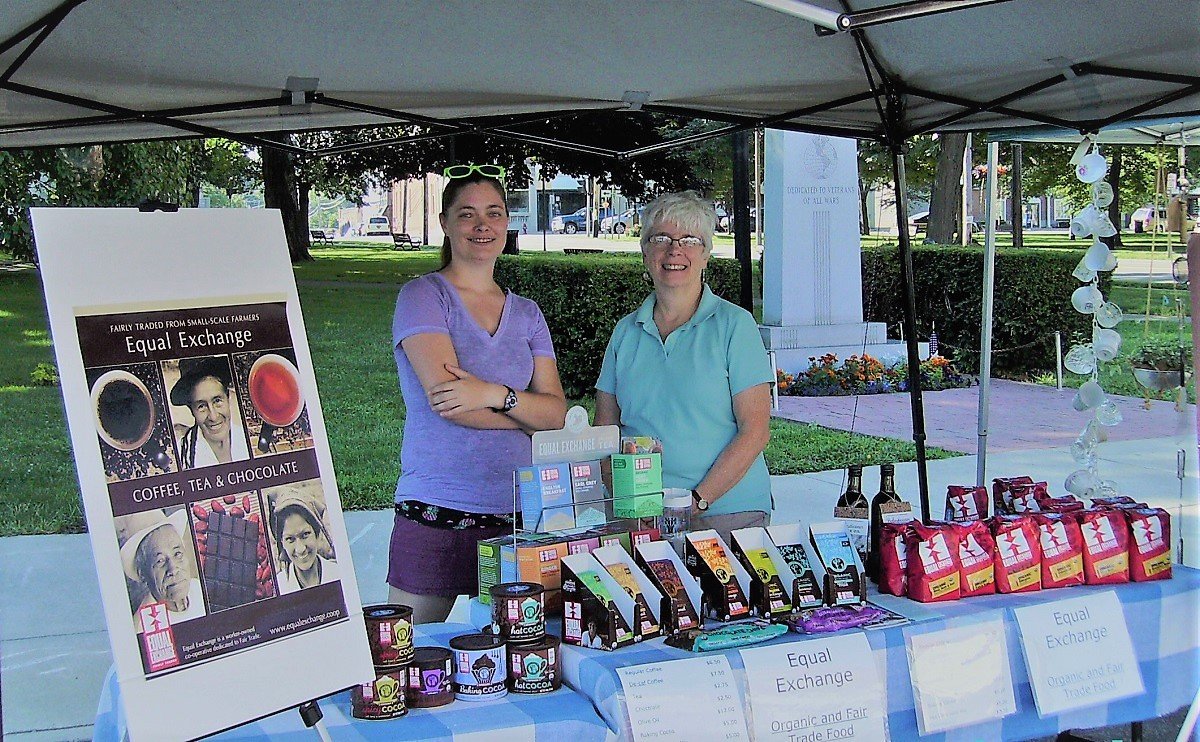
Equal Exchange Belongs at the Farmers Market
It happened at a planning session for our church mission program. We had recently established a food justice program and wanted to expand it. “How could we better serve our community?” we asked ourselves. And one of our church leaders said, “Why don’t we sell our fair trade food at the local farmers market?”
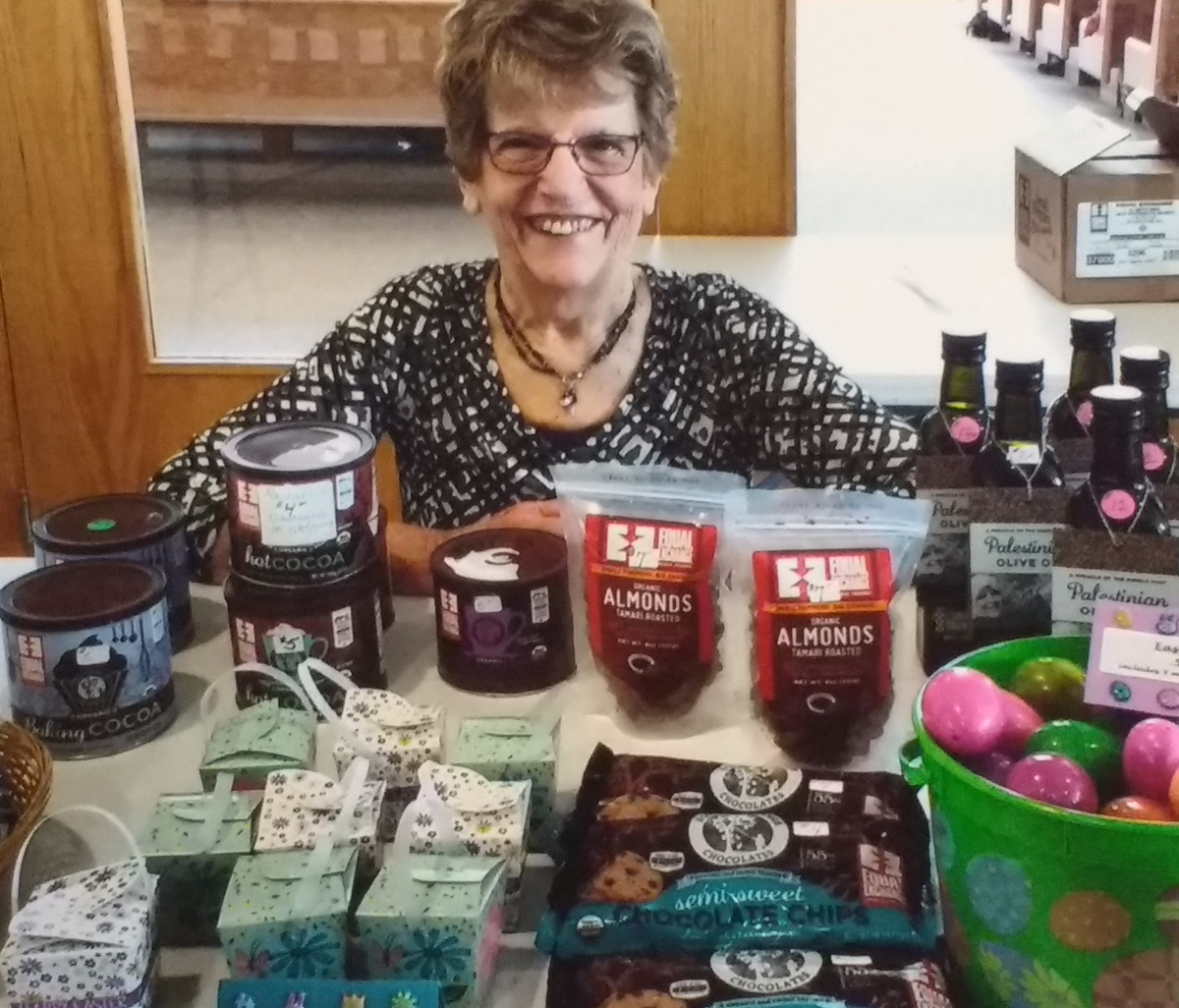
Extraordinary Coordinators at Monona UMC
This past year, during the pandemic, the Monona United Methodist Church in Wisconsin, had its best sales ever. The church sold $9,000 of Equal Exchange products, $2,000 above the previous year. This was in spite of no group gatherings and virtual church services.
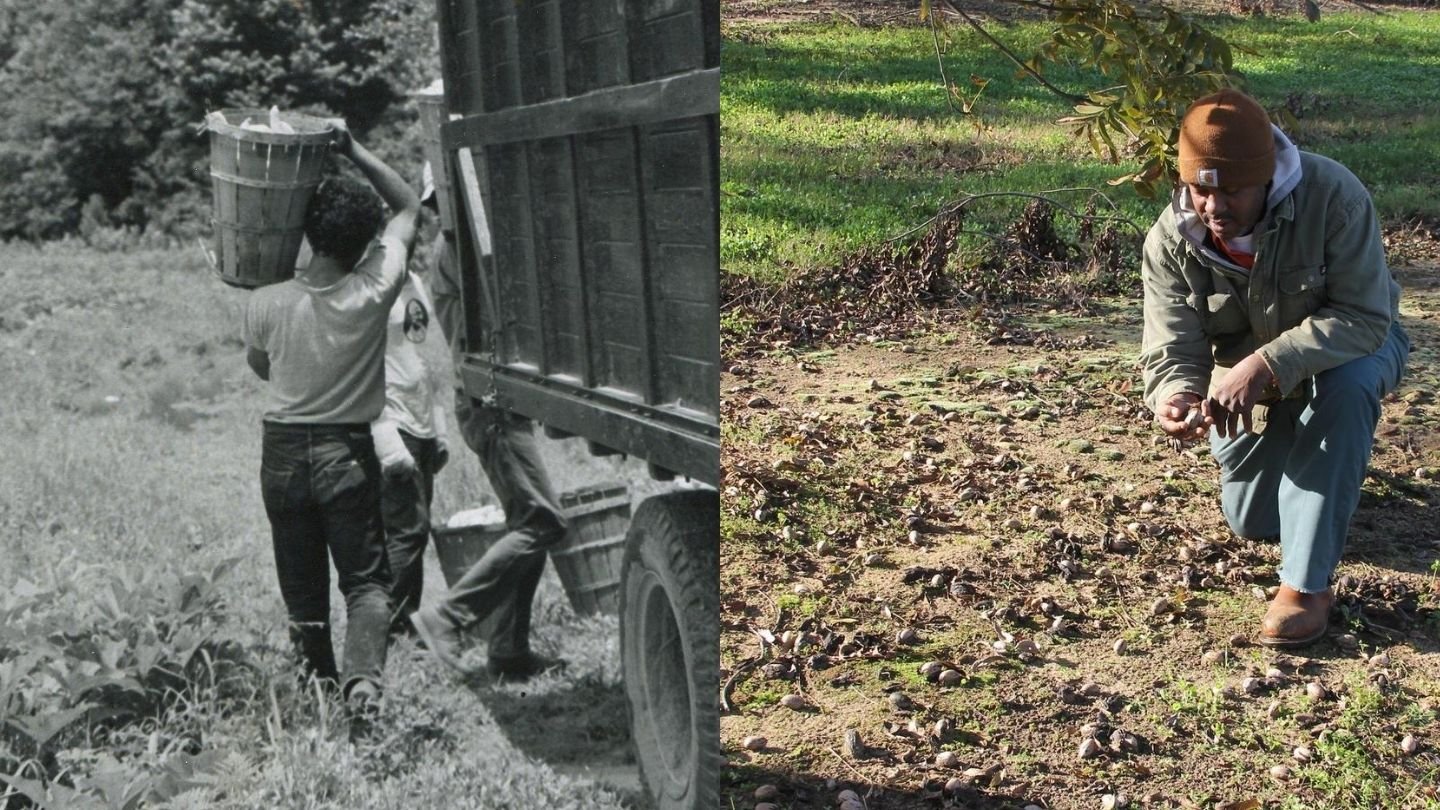
Learn the Story of the Black Farmers Who Grow Equal Exchange Pecans
When you own the land you farm, you decide what to plant, when to harvest, and which maintenance methods to use. More importantly, you’re the one who controls your own livelihood. For Black farmers in the United States, land ownership is tied to freedom. But systematic racial discrimination has pushed many out of agriculture.
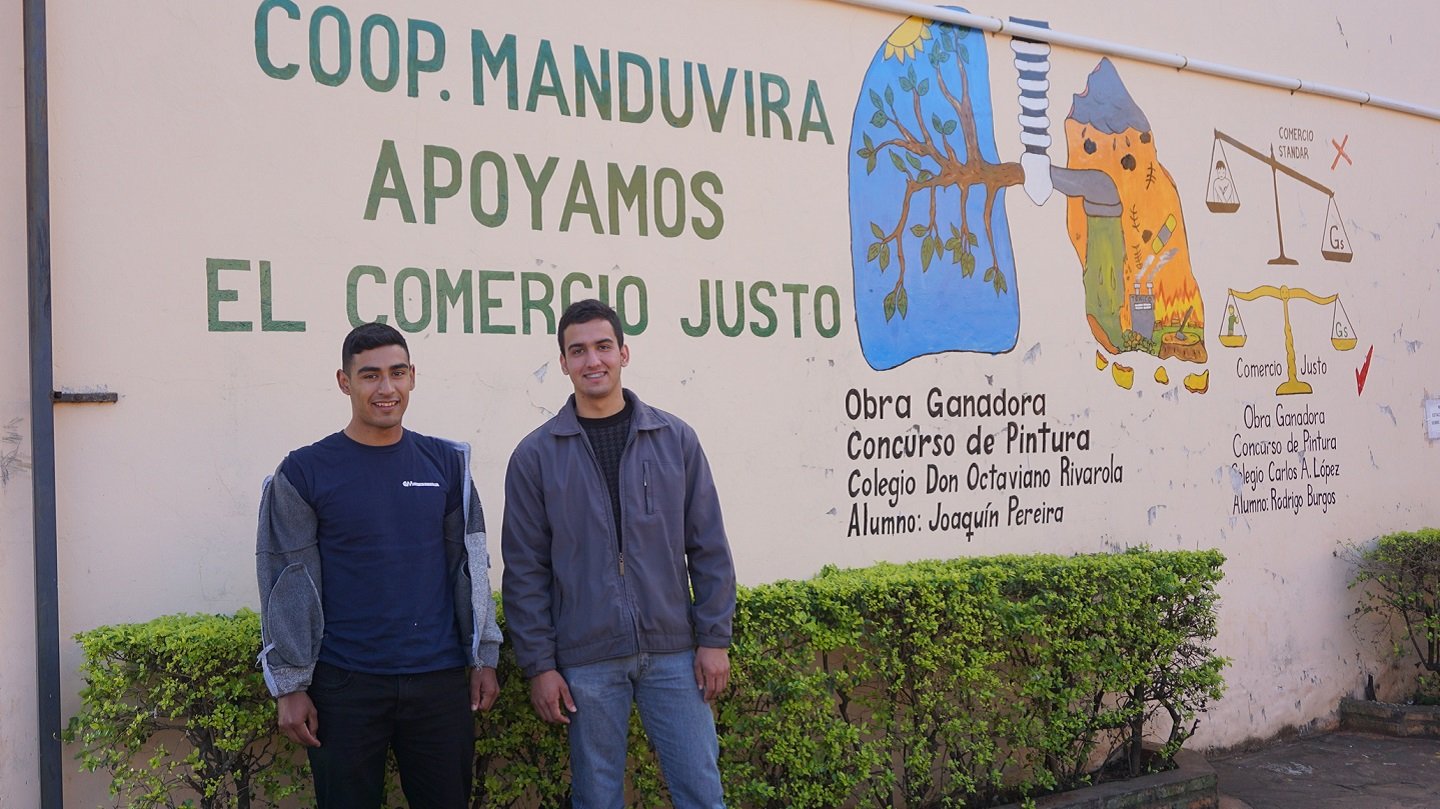
Interview: Supporting Youth in Agriculture at Manduvira Cooperative
Manduvira Cooperative in Paraguay is world-renowned for being the first sugar mill owned and run by an agricultural cooperative. In addition to the co-op’s pressing worries about climate change, Manduvira also faces the challenge of an aging farming population. The cooperative is making a concerted effort to include youth in their work to come up with climate change mitigation strategies.

